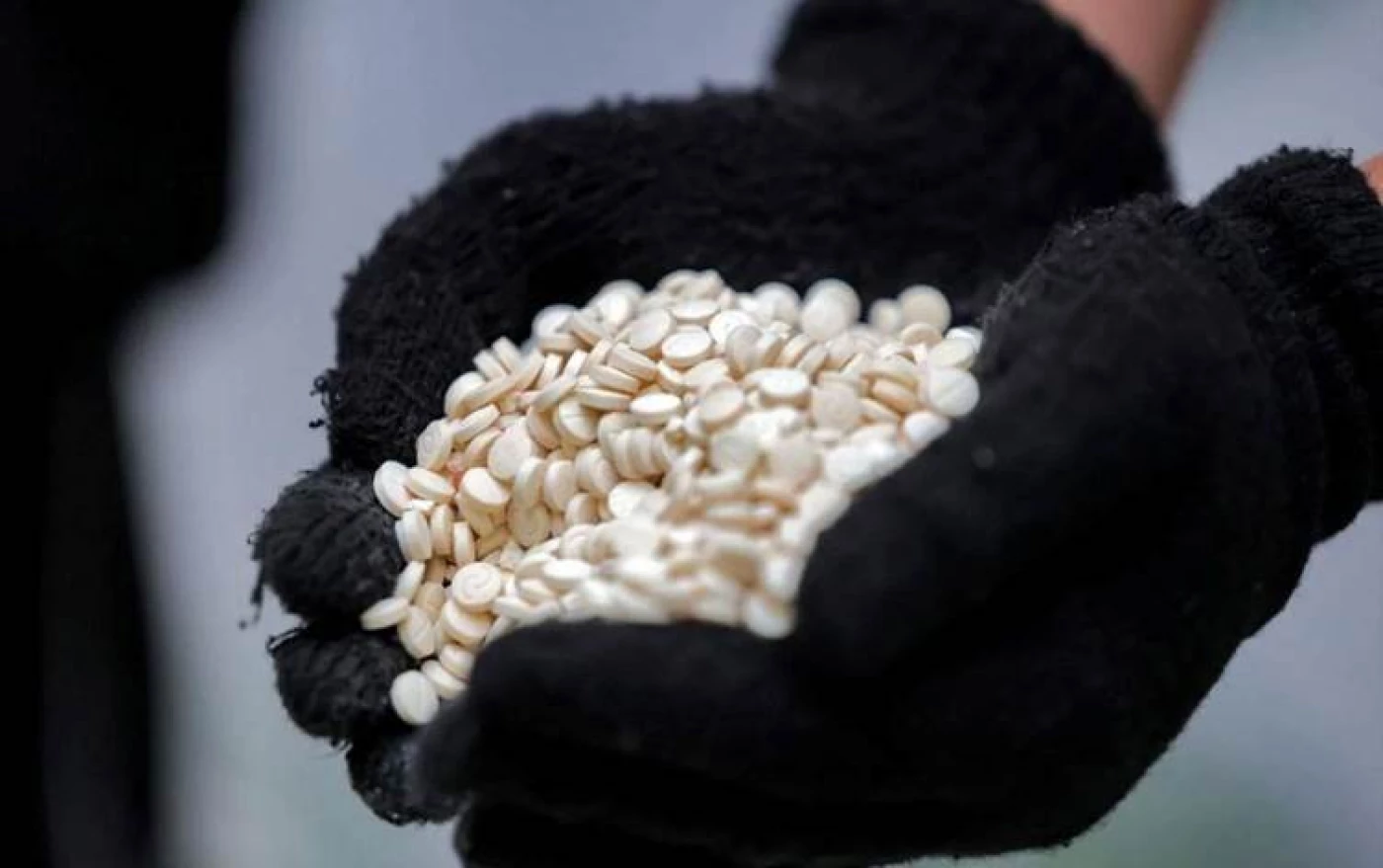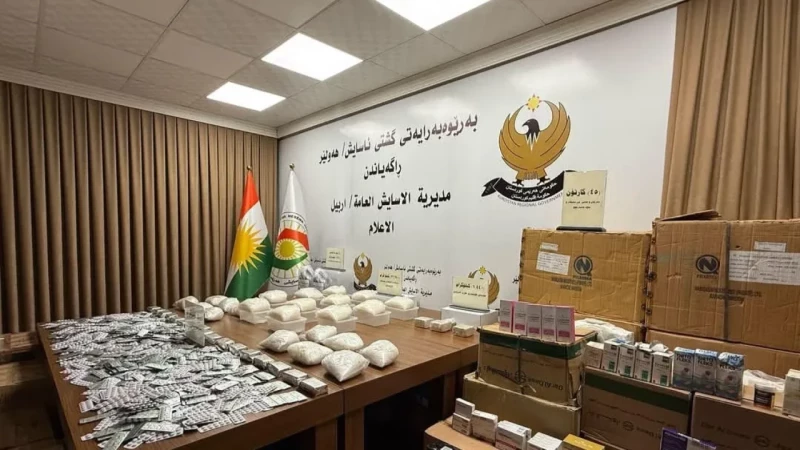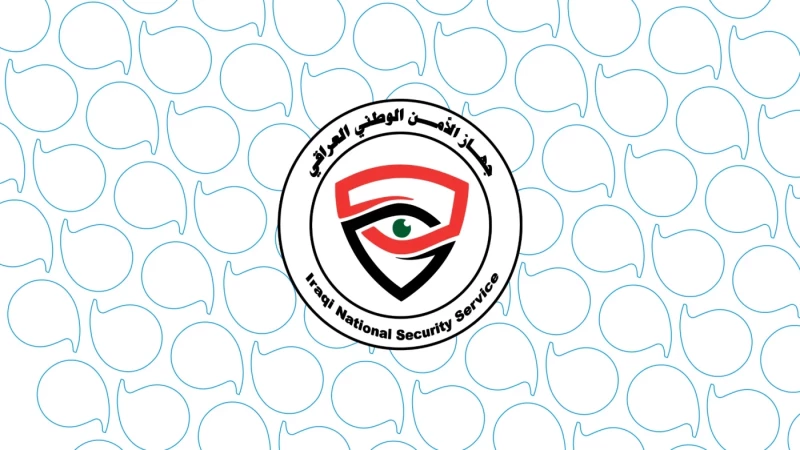ERBIL, Kurdistan Region of Iraq - An Iraqi drug trafficker was extradited to Baghdad from one of the neighboring countries following “high-level international security coordination," Iraq’s Ministry of the Interior announced on Monday.
Without specifying from which country the extradition was made, the interior ministry said the Iraqi national was “one of the heads of international drug trafficking networks.”
“The extradition came after high-level coordination with officials and specialists in one of the neighboring countries to follow up on the file of exchanging wanted persons between the two countries and implementing agreements and treaties in this field,” the Interior Ministry’s General Directorate of Narcotics and Psychotropic Substances Affairs.
The most recent extradition comes a week after another seven drug dealers were handed over to Iraq from Kuwait.
Iraq, with its extensive borders with Syria, Iran, Saudi Arabia, and Kuwait, has evolved from a transit route to a significant drug consumption market.
Despite consecutive government cabinet pledges to fight the drug phenomena in the country and Prime Minister Mohammed Shia’ al-Sudani having ordered the establishment of rehabilitation centers across all Iraqi provinces, the country’s infrastructure is still too weak to combat the rapid increase in drug use.
Iraq’s General Directorate of Narcotics and Psychotropic Substances in late December revealed that security forces were able to arrest a total of 14,438 suspects on drug-related charges in 2024, in addition to confiscating six tons and 183 kilograms of narcotics.
A total of 144 death sentences were issued for suspected drug traffickers in 2024, and 454 others were sentenced to perpetual imprisonment (20 years in Iraqi law), according to the directorate. At least 11 drug suspects were killed and 33 were wounded in clashes with security forces, the directorate added, also reporting three deaths and 31 injuries among its ranks during that same period.
Despite imposing severe penalties, Iraq continues to struggle with an escalating drug problem that has intensified since the US invasion in 2003.
The country has transitioned from a transit route for drugs from Iran and Pakistan to a drug manufacturing hub, as noted in a 2022 report by the Washington Institute.
Iraqi security forces have made significant strides, however, the country faces substantial challenges, such as insufficient rehabilitation centers and overcrowded prisons, leading to high relapse rates among former inmates.
Iraq’s stringent narcotics laws, imposing death or life sentences for drug-related offenses, are a response to the severity of the crisis but have yet to curb increasing drug use and trafficking fully.



 Facebook
Facebook
 LinkedIn
LinkedIn
 Telegram
Telegram
 X
X


